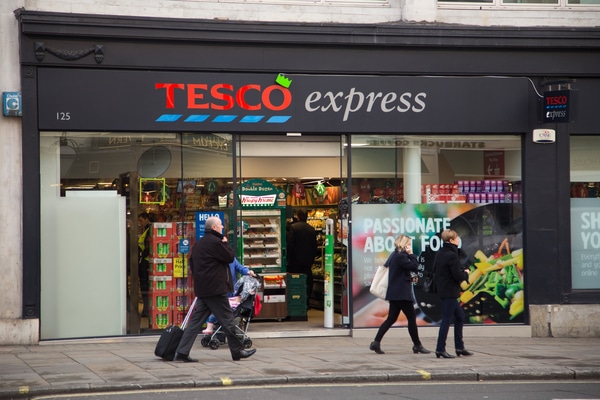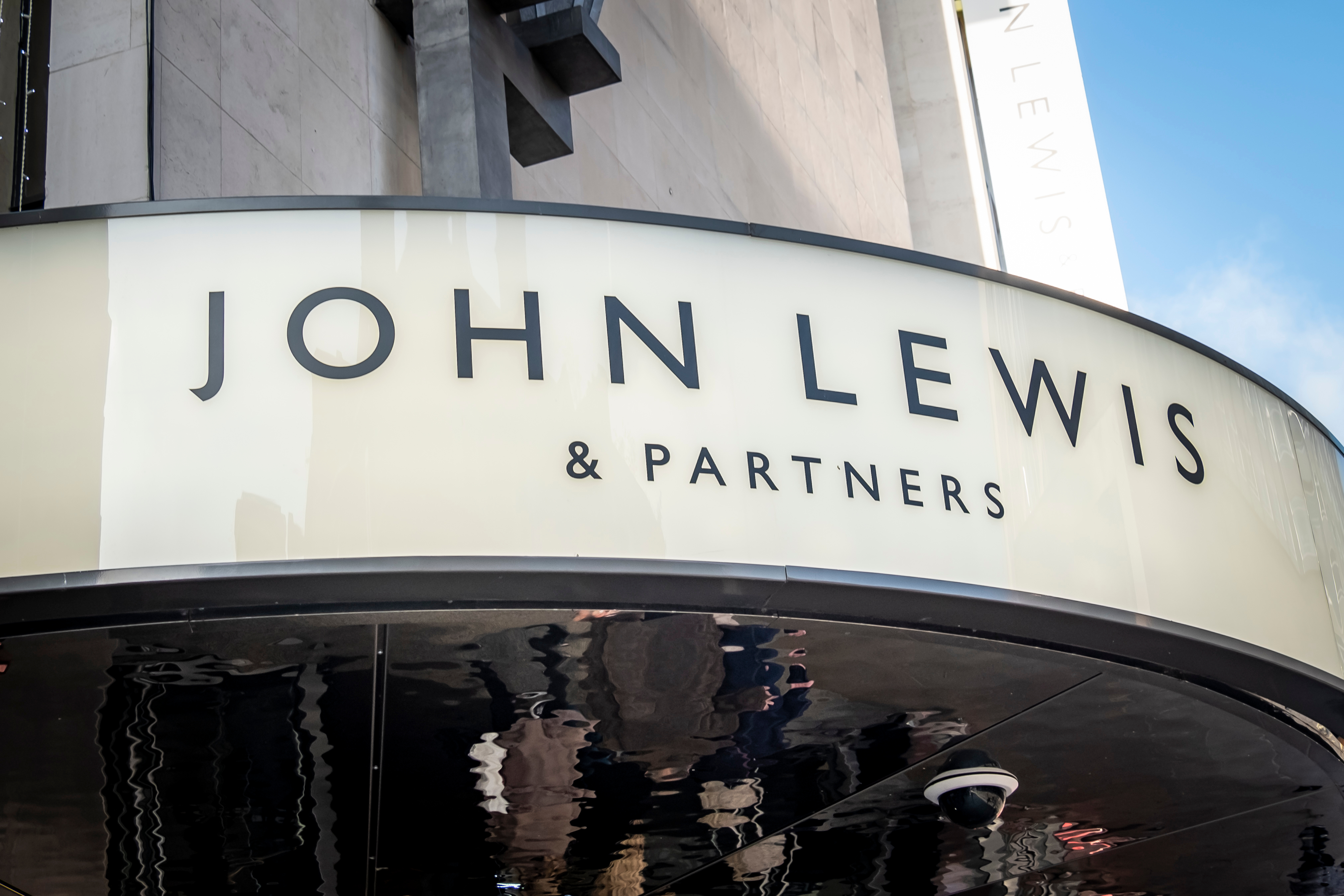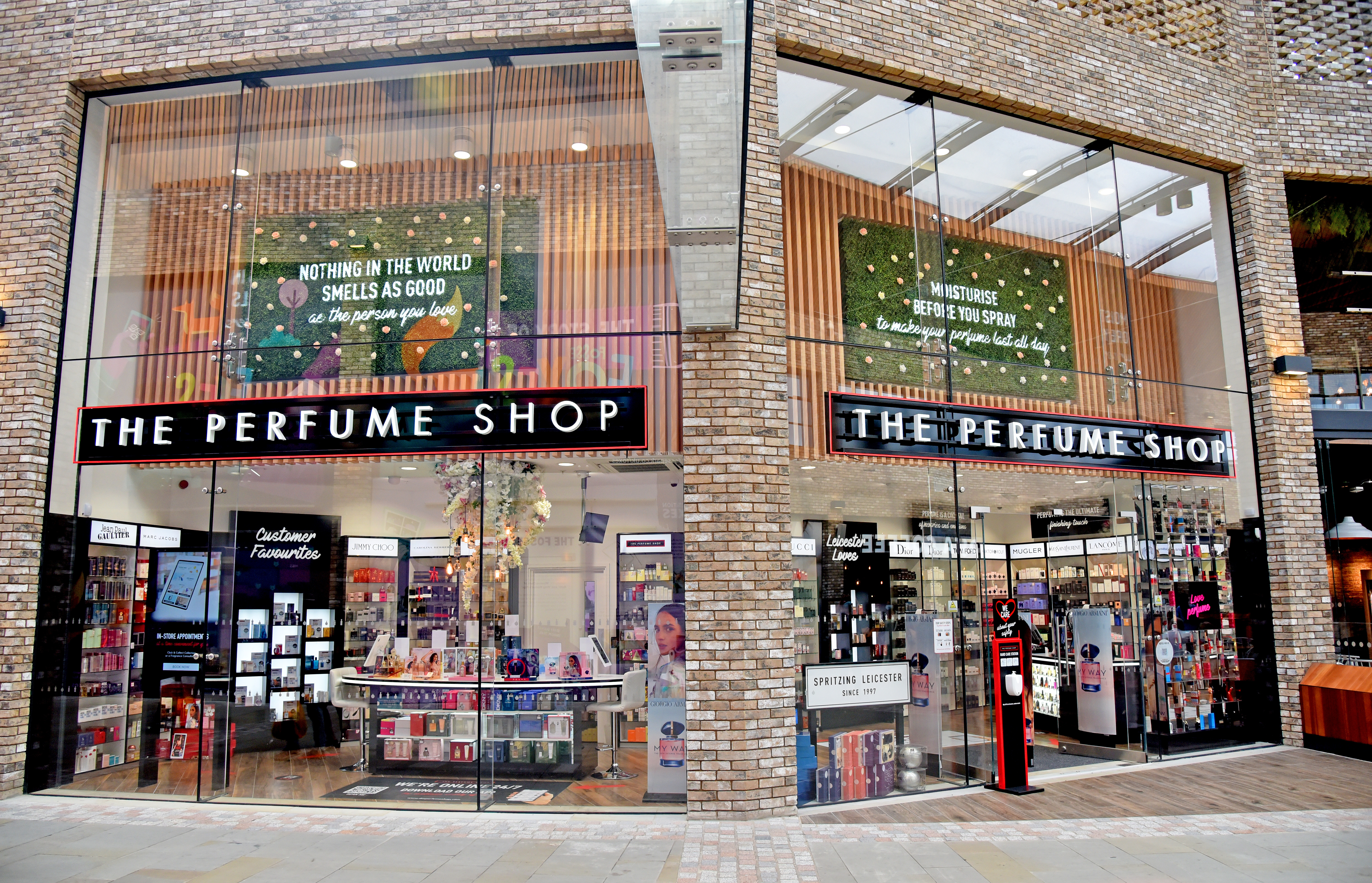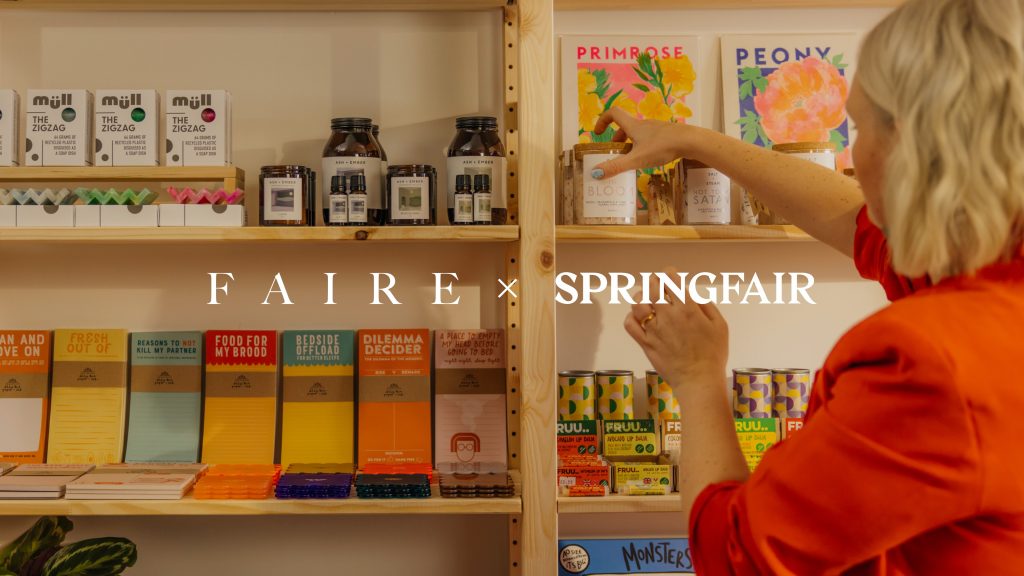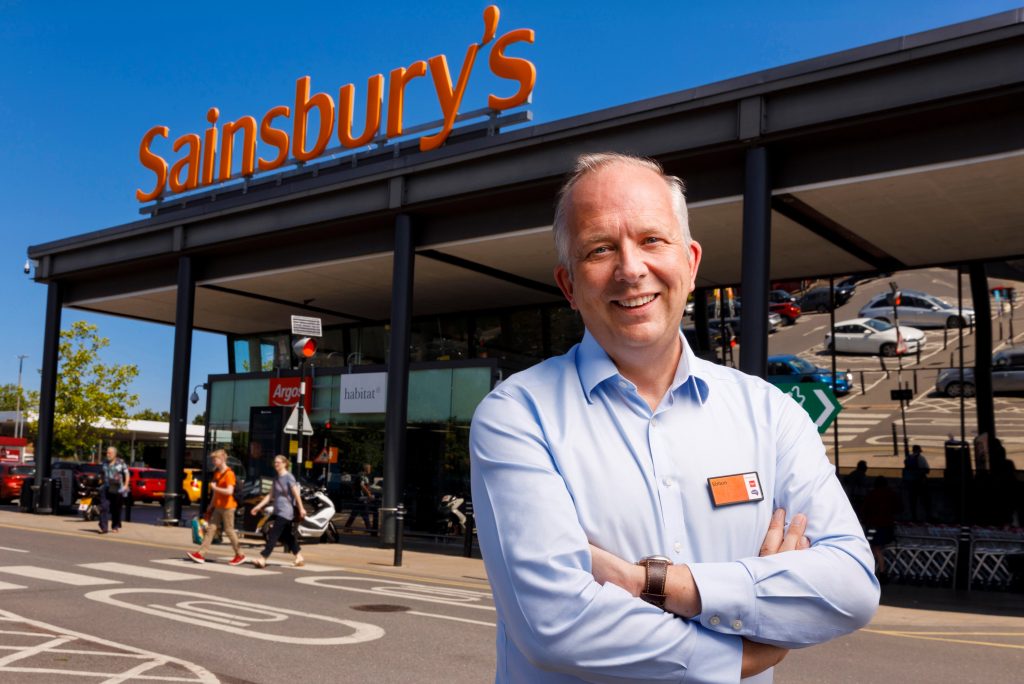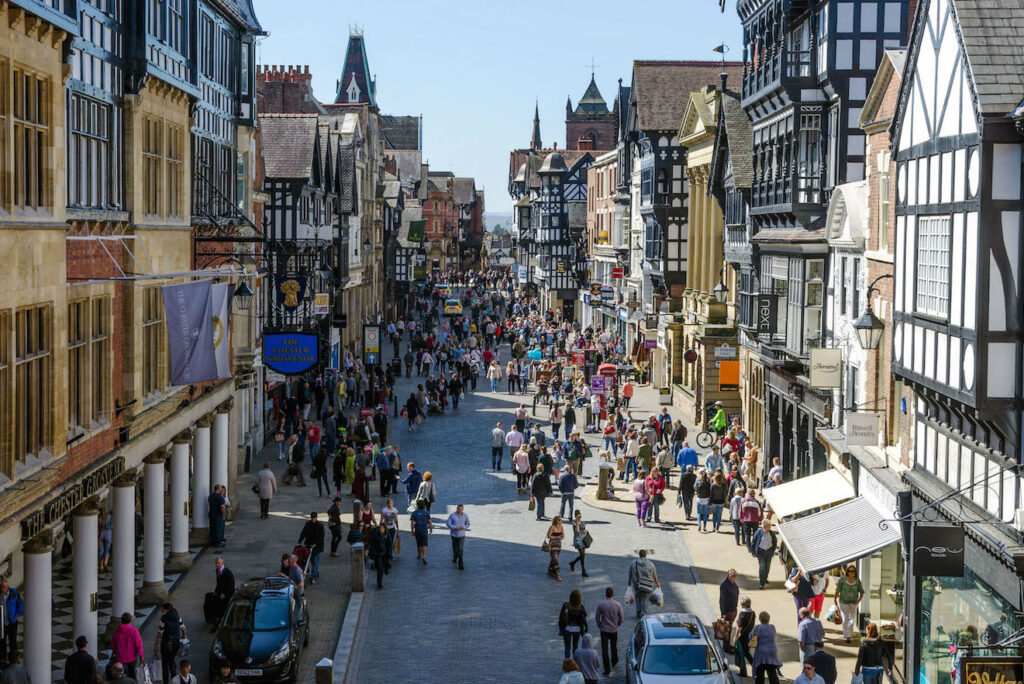The landmark £3.7 billion merger between Tesco and Booker has come under growing pressure, with the grocer now facing the possibility it could be forced to sell swathes of its small high street stores.
Amid growing concerns from rivals and the Competition and Markets Authority that the merger would see the new company exert too much influence over the UK‘s food economy, Tesco may be forced to give up hundreds of Tesco Express stores.
As Booker doesn‘t technically own a the majority of the convenience stores its franchises, including Londis, Budgens, Happy Shopper and Premier convenience stores, it falls on Tesco to make sacrifices to level the playing field.
Until now, the new partners have down played the potential implications of the merger, arguing that Booker technically would not be adding more stores to its portfolio.
READ MORE: Tesco-Booker merger thrown in doubt after shareholders’ protest
The two companies are now on the back foot, as it emerged that Booker stated in a previous deal it held “a degree of control over the prices and products” in its shops.
Opposition among Tesco‘s shareholders is also understood to be growing.
It was revealed last week that two of the retailer‘s largest shareholders opposed the merger, publicly stating that it distracted it from the turnaround of its core business.
According to the fund manager at Artisan Partners, the company‘s fourth largest shareholder, he is “yet to speak to any shareholder that is positive” about the deal.
Despite this, Tesco boss Dave Lewis has stated that other large investors had raised their stakes in the company.
Click here to sign up to Retail Gazette’s free daily email newsletter


